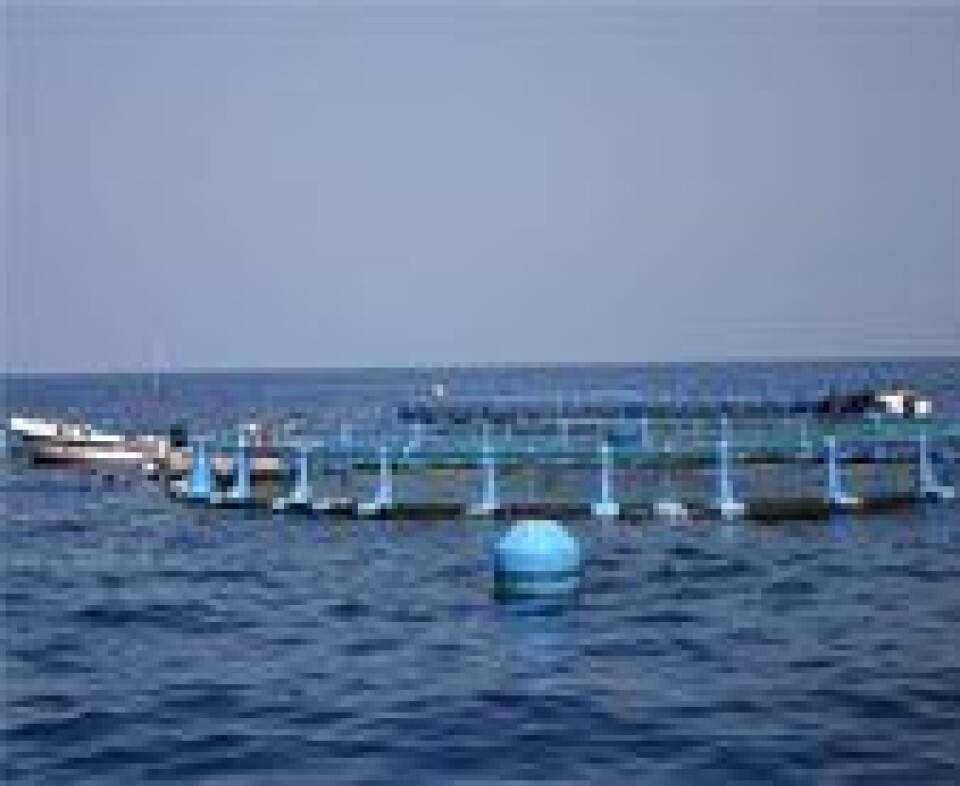
Anti-fish farming sentiments hitting Hawaii
There is no doubt that high-profile anti-fish farming activists in Hawaii have a close working relationship with the very environmental groups from British Columbia that spend much of their time and American-sourced funding in trying to shut down the province’s existing salmon farming industry. The arguments are ringing increasingly hollow- accusations of damage to wild salmon from sea lice and escaped Atlantic salmon are being refuted by responsible scientists, and suggestions of environmental damage caused by fish waste is also questioned, as this (and most other) aspect of salmon farming is closely regulated- not to mention that wild fish produce virtually the same excrements. A lot of research- much of it funded by the B.C. industry itself- is also being conducted to find ways to even further reducing any impacts that could potentially have a negative effect on surrounding environments.
While one would expect saner minds to eventually prevail, the Hawaiian government is set to tackle two bills obviously written based on material originating in Canada. Erin Miller of Stephens Media is quoted in the Hawaii Tribune Herald;
State legislators will consider two bills taking a different approach to new regulations on open water fish farming. The House bill, introduced by Rep. Mele Carroll, who represents Molokai, Lanai and parts of Maui, and Puna Rep. Faye Hanohano, would prohibit any new permits for open water mariculture. The Senate bill, introduced by Oahu Sen. Pohai Ryan, would require aquaculture applicants to complete an environmental impact statement and pay a to-be-determined percentage of gross sales proceeds to the state. "We need to take a step back," Hanohano said. "There have been no open discussions with Native Hawaiians (about open ocean mariculture). We have these submerged lands, we have our gathering rights, our traditional practices. Some of these commercial things conflict with what Native Hawaiians do." The open water pens can affect gathering rights, she said, "if they're in the open ocean, the fish won't come in (to shore). You're kind of changing the habitat." House Bill 221 would prohibit issuing "any permit allowing the construction, expansion or transfer of any open water commercial finfish mariculture facility." The bill also refers to other concerns, including, "threatening the marine environment with escaped farmed fish, polluting local waters with heavier concentrations of nitrogen from fish fecal contamination and interfering with marine wildlife." The bill was introduced Thursday, passed first reading Friday and referred to the agriculture/water land and ocean resources committees, as well as the economic revitalization and business committee on Monday. Hanohano said the state needs more information -- including a baseline water quality level in the offshore waters -- before more off-shore fish farming is permitted. Bill Spencer, CEO of Hawaii Oceanic Technology, which received in October a 35-year lease for a 247-acre open ocean aquaculture site, said the concerns listed in the House bill come "right out of the Food and Water Watch handbook." He referred to the Washington D.C. based organization which lauded Carroll and Hanohano for introducing the measure. "There's no basis, no justification for that bill," Spencer said. The public, in general, is supportive of aquaculture, he claimed, adding that it is activists who speak loudest against the fish farming. "Only a few people are involved enough to believe (the concerns included in the bill) without checking the facts," Spencer said. "The people in the community, for the most part, support (aquaculture). They don't speak out and espouse these statements that have no basis in fact." Further, he said, legislators introduced a similar bill last year that did not become law. He predicted the House bill would not succeed this year, either. He had not yet had a chance to look at the Senate bill. That bill, Senate Bill 626, was introduced by several legislators, including the Big Island's Josh Green. Ryan was unavailable for an interview Monday. Though not the bill's primary sponsor, Green said the bill was drafted in response to state residents' concerns about off-shore farming. "There have been a lot of people who would like to see more regulation and environmental protections," Green said. The bill puts those measures in place "before the industry is really prominent." He said he's supportive of the aquaculture industry. "It's good to move forward on food production in new ways," he said.























































